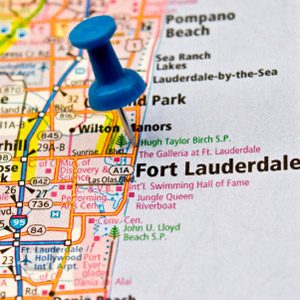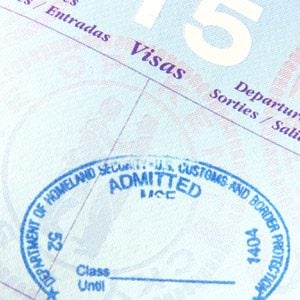Find out what you need to know before heading south for the winter.

Plan to Explore
Unless you have a compelling reason for putting down roots in a specific location, take your time and explore. Keep in mind that you’re switching countries and cultures, so no matter how good a place may look on paper (or online), it might not be right for the long term. Traditionally Canadians have clustered together in specific areas: Ontario residents on the west coast of Florida, Quebecois near Fort Lauderdale, Saskatchewan residents in Texas and Arizona, while BC residents have headed to California, Arizona and Mexico. Recently, more snowbirds are also striking out on their own to choose winter homes based on more personal criteria.

Know How Long You Can Be Out of Province
How long you can stay out of the country depends on your province. Most provinces require you to actually reside in them for at least six months plus a day each year to maintain healthcare eligibility (Ontario allows you to be out for seven months and Newfoundland for eight months). If you exceed your allotted time out of your home province, you may need to undergo a waiting period to re-establish residency.

Know How Long You Can Visit Another Country
Canadians can get 180 day tourist cards for visiting Mexico, while Canadian visitors to the U.S. don’t need a visa if their stay is less than 180 days. However, if you spend too much time in the U.S., you may have to file a U.S. tax return. The key is to understand if you qualify as a U.S. resident under the “substantial presence” test. If you meet the test but your primary residential ties are with Canada you can avoid paying U.S. tax by filing a special form with the IRS. It’s also important to know what will happen if you overstay your welcome in another country-the penalties can range from fines to being banned from re-entry.

Know the Limits of Your Provincial Healthcare Plan
The Canadian Snowbird Association (CSA) has done an excellent job in evaluating each province’s healthcare program and how they meet the needs of travelling Canadians. The Canadian Travellers’ Report Card will outline your province’s residency requirements, whether or not your province provides extended supplies of prescription drugs while travelling, and at what rate you’ll be reimbursed for emergency care (for example, B.C. reimburses only $75 for emergency in-patient hospital care while Manitoba covers up to $570 a day for emergency in-patient services and $100 for outpatient care).

Choose the Right Travel Health Insurance Plan
While the average cost of a medical emergency for Canadians in the U.S. is $26,000, the cost of six months of insurance is typically less than $1000. Your choices range from Travel Medical and Major Medical Insurance to Emergency Medical Evacuation Insurance. Each type of policy has a different price, different benefits and will suit different scenarios. Be sure to choose an insurance plan that will meet your specific needs. Your best bet is to shop around. Be sure read all the fine print so you know what the policy covers-some exclude preexisting medical conditions.

Organize Your Finances
Before you head south be sure to get your financial house in order. This can include setting up online banking and pre-authorized payments for bills; checking the expiry dates on your credit cards, debit cards, driver’s license, passport and house and vehicle insurance; and letting your credit card company and bank know where you’re going and how long you’ll be out of the country. Also, don’t forget to update your will and power of attorney.

Plan for Home Security and Maintenance
One of the final steps before leaving is making sure your Canadian home will be fine while you’re gone. It’s a good idea to arrange for a mail forwarding service so mail won’t pile up. If you’re not renting you’ll also need someone to check in on your house regularly, shovel snow, keep your yard looking decent, check light timers and ensure that all your alarm systems are active. Be sure to unplug all electrical appliances, clear the kitchen and fridge of any perishable foods, and lower your heating.

Become an Informed Buyer
There are currently some great real estate deals to be had in the U.S. and Mexico, but before you jump into second home ownership be sure you understand the laws of the country and state that your new property is in. In some states, including Florida, non-resident owners can expect to pay a higher rate of property tax than residents. And those who opt to rent their U.S. property need to report the rent income on taxes in both countries. In Mexico, home buying comes with its own unique issues so hiring a Notario or lawyer with expertise in Mexican real estate is highly recommended.

Bookmark Online Resources
The Canadian Snowbird Association (CSA) is an essential resource for anyone venturing to warmer climes for the winter. The association acts as an advocacy organization: lobbying the government for better healthcare rules and coverage, as well as an informational and social exchange for snowbirds. Keep an eye out for CSA’s Snowbird Extravaganzas and Winter Information Meetings in Arizona, California, Texas, and Florida. Recreational Vehicle groups such as the Escapees, RV.Net and the Explorer RV Club can also offer information, discounts and social opportunities.